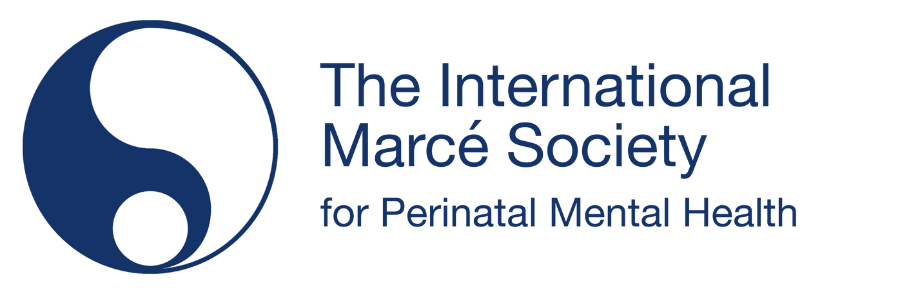The International Marcé Society supports evidence-based treatment for psychiatric illness in pregnancy. We advocate for the inclusion of antidepressant medication—
including Selective Serotonin Reuptake Inhibitors (SSRIs), where clinically indicated—as part of a comprehensive treatment approach to perinatal depression (defined as the onset of depression during pregnancy and/or the postpartum period), which should also
include non-pharmacological interventions such as psychotherapy.
SSRIs have been extensively researched in pregnancy and so far, there is no clear evidence that SSRIs are causally related to adverse outcomes other than postpartum haemorrhage in some studies. Extensive research has demonstrated that the effects of untreated psychiatric illness can result in adverse maternal, obstetric, and neonatal outcomes.
Ambiguous messaging around the use of SSRIs during pregnancy is stigmatizing for pregnant persons with psychiatric illness. This imposed stigma may act as a barrier to accessing the much-needed perinatal mental health treatment during the peripartum period. Documented maternal mortality rates due to suicide have increased and underscore the need to effectively screen and treat perinatal depression.
We endorse the following position statements:
- The American Psychiatric Association
- The American College of Obstetricians and Gynecologists (ACOG Statement on
the Benefit of Access to SSRIs During Pregnancy) - The National Curriculum in Reproductive Psychiatry
References:
- Lebin, L. G., & Novick, A. M. (2022). Selective Serotonin Reuptake Inhibitors (SSRIs) in Pregnancy: An Updated Review on Risks to Mother, Fetus, and Child. Current psychiatry reports, 24(11), 687–695.
- Ornoy, A., & Koren, G. (2019). SSRIs and SNRIs (SRI) in Pregnancy: Effects on the Course of Pregnancy and the Offspring: How Far Are We from Having All the Answers?. International journal of molecular sciences, 20(10), 2370.
- Jahan, N., Went, T. R., Sultan, W., Sapkota, A., Khurshid, H., Qureshi, I. A., & Alfonso, M. (2021). Untreated Depression During Pregnancy and Its Effect on Pregnancy Outcomes: A Systematic Review. Cureus, 13(8), e17251.
- Gentile S. (2017). Untreated depression during pregnancy: Short- and long-term effects in offspring. A systematic review. Neuroscience, 342, 154–166.
- Betcher, H. K., & Wisner, K. L. (2020). Psychotropic Treatment During Pregnancy: Research Synthesis and Clinical Care Principles. Journal of women's health (2002), 29(3), 310–318.
- Glover V. (2014). Maternal depression, anxiety and stress during pregnancy and child outcome; what needs to be done. Best practice & research. Clinical obstetrics & gynaecology, 28(1), 25–35.
- Stewart, A. L., & Payne, J. L. (2023). Perinatal Depression: A Review and an Update. The Psychiatric clinics of North America, 46(3), 447–461.
- Chin, K., Wendt, A., Bennett, I. M., & Bhat, A. (2022). Suicide and Maternal Mortality. Current psychiatry reports, 24(4), 239–275.
- Fuhr, D. C., Calvert, C., Ronsmans, C., Chandra, P. S., Sikander, S., De Silva, M. J., & Patel, V. (2014). Contribution of suicide and injuries to pregnancy-related mortality in low-income and middle-income countries: a systematic review and
meta-analysis. The lancet. Psychiatry, 1(3), 213–225. - Radoš SN, Ganho-Ávila A, Rodriguez-Muñoz MF, et al. Evidence-based clinical practice guidelines for prevention, screening and treatment of peripartum depression. The British Journal of Psychiatry. Published online 2025:1-12. doi:10.1192/bjp.2025.43
